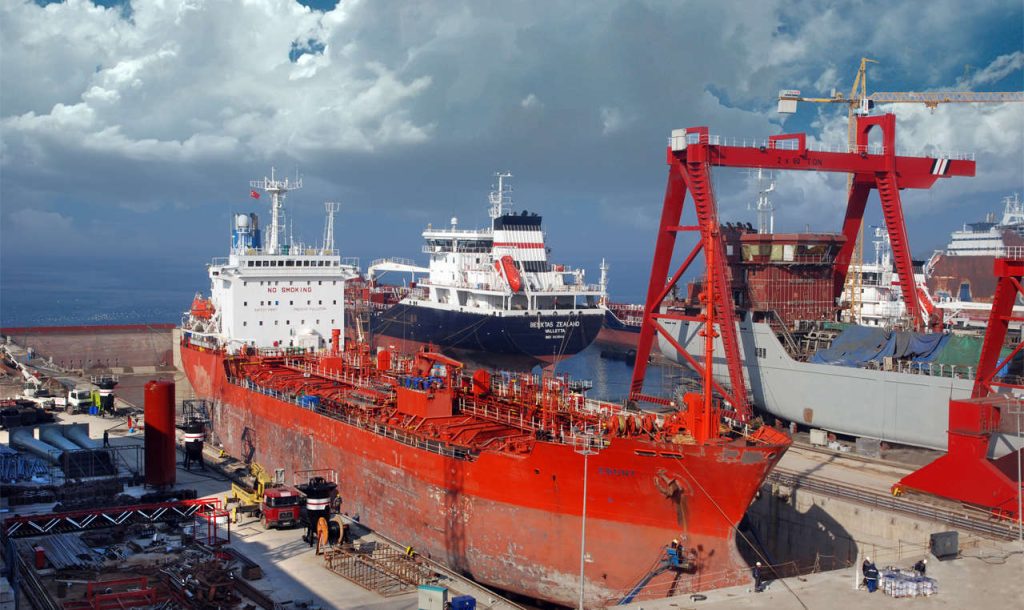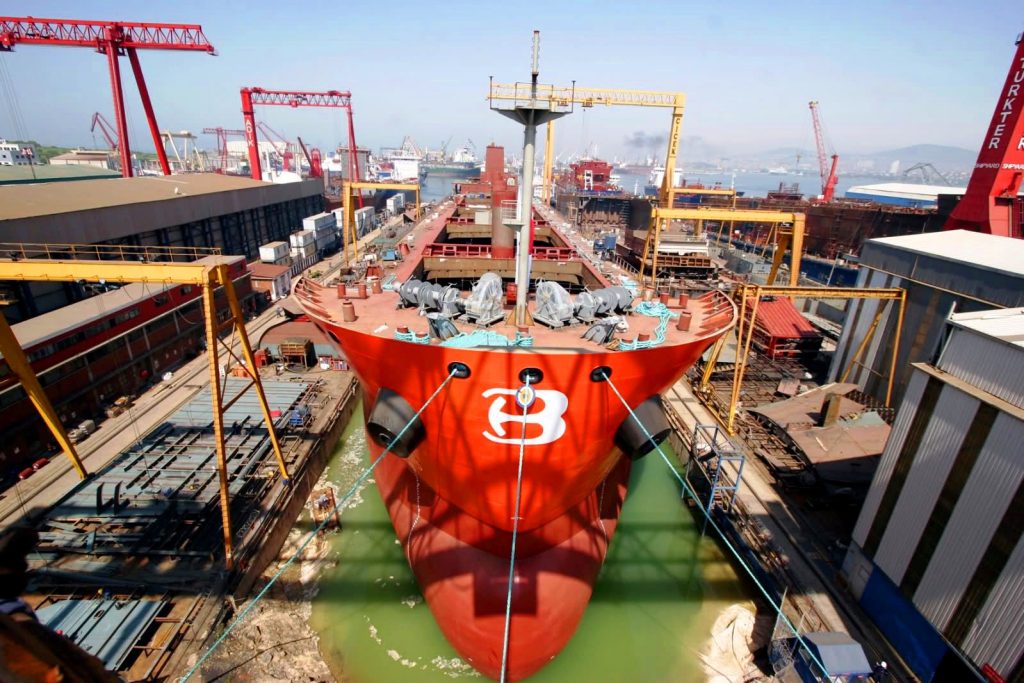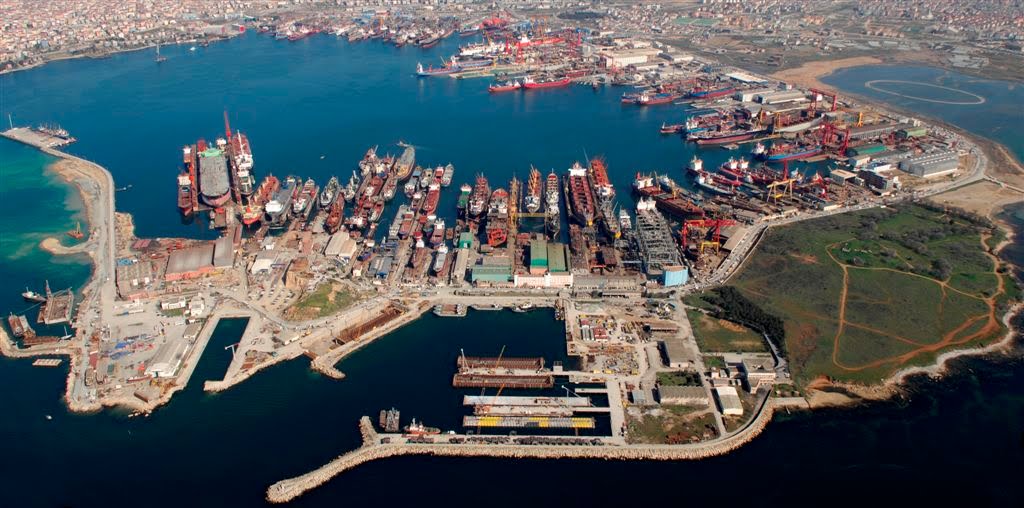Let’s take a closer look at the shipbuilding industry in Turkey.
It’s no surprise that Anatolia, which is surrounded by seas on three sides and borders the Black Sea, the Sea of Marmara, the Aegean, and the Mediterranean, has been home to many shipyards for more than six centuries.
The first shipyard in Anatolia was established in Gallipoli in 1390, during the Ottoman Empire. However, it was not before the 1990s that the Turkish shipbuilding industry gained its well-deserved international recognition. Today, the country has 78 active shipyards that carry out ship and yacht construction and maintenance activities for the private sector.
Tuzla and Yalova are the two most important Turkish destinations when it comes to shipyards, the former holding 28 shipyards, the latter holding 26 of them. Zonguldak has 9, Kocaeli has 5, Trabzon has 3, Çanakkale has 2, Samsun, Kastamonu, Adana, Ordu, and Hatay have one each.
The rise of the industry in Turkey
The Turkish shipbuilding industry has both the traditional shipbuilding skills inherited from the Ottoman Empire and the modern techniques and know-how it has obtained especially after the economic liberal politics inured with the 1980s. As a result of this, the industry in Turkey has developed into an internationally known and respected trademark since the early 1990s.

While the number of shipyards and the competition increased, Turkish shipyards brought the same standard to their competitors in Europe. Under the supervision of certain inspection organizations, Turkish shipyards now produce in compliance with international standards such as ISO, AQAP, etc.
The ship types and their tonnages produced at the Turkish shipyards are very diverse, such as petrol tankers, chemical tankers, fishing boats, container ships, bulk carriers, yachts, tug boats, tankers, sailing boats, general cargo ships, oil tankers, intervention crafts, coast guards, speed boats, multi and special purpose ships, military vessels, servicing tankers, bunker barges, tugboats, mega yachts, and other types of sailing and motorboats.
Aside from its modern and technologically developed shipyards, Turkey also had (and still has) a well-experienced workforce. All these factors coming together, the Turkish shipbuilding industry developed rapidly in a very short period of time and has now become the fifth largest shipbuilding industry in the world.
How big is the industry?

According to the official data provided by the Ministry of Economy, Turkish shipyards have 4.4 million deadweight ton (DWT) new shipbuilding capacity, 22 million DWT repair and maintenance capacity, 239,000-ton steel processing capacity, and an 80,000 DWT new shipbuilding capacity.
The industry’s contribution to the Turkish economy is huge as well, with 1.5 billion US$ from new ship building, and 1 billion US$ from repair and maintenance activities.
As of January 2017, Turkish shipowners received 34 ships of 1.6 million DWT worldwide. Being the top manufacturer of low-tonnage chemical tankers in Europe, Turkish shipyards receive many orders for petrol tankers, chemical tankers, sailing and fishing boats as well. Besides, the Turkish shipbuilding sector has been number third on the world list of mega-yacht (yachts longer than 24m) manufacturers.
Another part of the Turkish maritime industry is ship breaking. The ship scrapping sector involves demolition of old and/or decommissioned ships that are out of service. There are 21 ship recycling companies operating in Turkey, all operating by respecting the environment and safety concerns. The ship recycling capacity of these companies is 1 million metric tons per year, which makes Turkey the 5th largest recycling area in the world.
The industry also has an indirect contribution to the domestic production of materials and equipment which are used in shipbuilding. Moreover, the industry creates employment for more than 20,000 people directly and more than 60,000 people in total with its related industries.
What about the exports?
As its production capacity increased, the Turkish shipbuilding industry has gained an important export potential. The export of the industry has reached 1 billion US$ a year.

Exports of cruise ships, excursion boats, ferry-boats, cargo ships, barges and similar vessels for the transport of persons or goods rank first in the overall shipbuilding industry exports, with 680 million US$. Exports of the fishing vessels, factory ships and other vessels for processing or preserving fishery products, on the other hand, rank second with 270 million US$.
The major markets for the Turkish shipbuilding industry are Norway, Malta, Iceland, and Canada.
Source: Gisbir 2017-2018 Report







